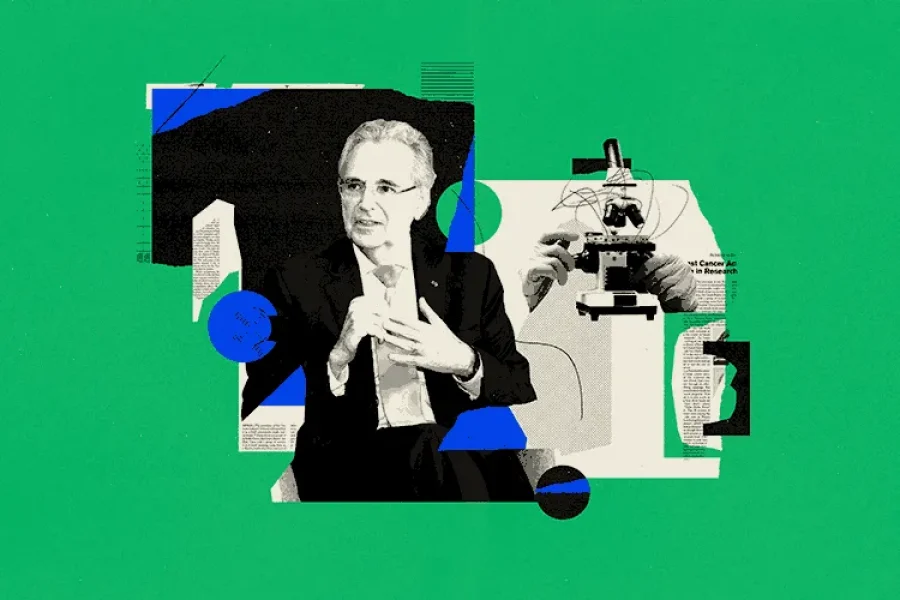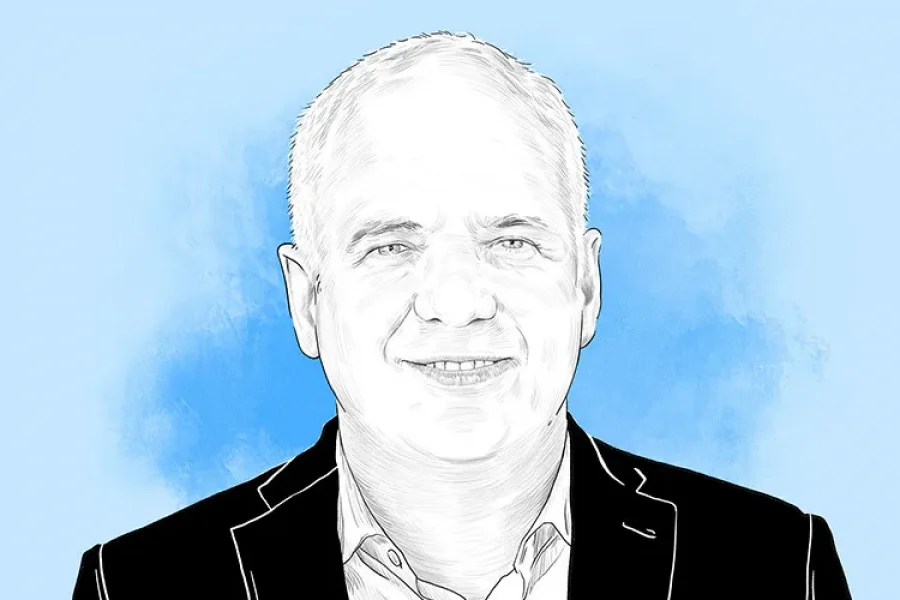With the arrival of the 2024 Olympic Games, those who dedicate their lives to sport reappear in people’s minds as real-life superheroes and superheroines, but, beyond this, understanding whether their health is better than that of the rest of us can contribute to the evidence of the benefits of physical exercise.
When it comes to high-performance athletes, many of us think that doing so much exercise almost always results in serious injuries that affect their quality of life, however, recent studies have shown that if training is adequate, these people can have a better quality of life and longer life expectancy.
Research conducted by the International Longevity Center in the United Kingdom found that competitive male athletes live 4.5 to 5.3 years longer than the general population, while female athletes live about 3.9 years longer.
“The overwhelming message is that sport adds years to your life, as long as it is not a dangerous one,” the authors write.
Among the athletes analyzed, marathon runners, divers, swimmers, wrestlers, gymnasts and tennis players -among others- showed a higher life expectancy. The only analyzed sport that was found to be dangerous was cycling, since it has a higher death rate at a competitive level.
Another one of their findings is that there is no evidence that athletes who win gold medals live longer than those who win silver and bronze or those who only compete. “Competing at an elite level is clearly enough to influence your life life span,” they say.
An analysis of 154 scientific articles found that doing sports competitively results in greater longevity, while another one that analyzed 10 cohort studies found the same thing, in addition to a reduced risk of cardiovascular disease and cancer.
“This suggests that the beneficial health effects of exercise are not necessarily confined to moderate doses,” the authors write.
Healthier Aging
Besides increasing life expectancy, being a high-performance athlete has other benefits. One of them is having superior strength that is maintained into old age.
Two studies, conducted by researchers at the University of Guelph, Canada, found that older adults who were competitive athletes in their youth or another stage of their life have healthier muscles, compared to those who were not.
“Normal adult aging is associated with impaired muscle contraction, loss of strength, speed and power,” they write.
When comparing high-performance athletes who were in their 80s or 90s with non-athletes of the same age, they found that the legs of competitive athletes were 25% stronger and had 14% more muscle mass.
This is probably due to another discovery: athletes have more motor units in their legs. A motor unit is a neuron that controls a group of muscle fibers.
Having more muscle mass is important for maintaining good posture, being able to make movements –such as bending over– without injury, having a fast metabolism and reducing body fat.
With aging, muscle mass tends to decrease markedly, limiting the movements and activities they can do on their own, reducing the independence of older adults. “Staying active helps reduce this loss,” say the authors.
The Reason for these Benefits Could be in Our Genes
One reason why vigorous exercise is be behind these advantages could be that our bodies are made for constant physical activity -evolutionarily speaking- according to a study conducted at the Karolinska Institute in Sweden.
“Our genetic makeup is shaped to support the balance between energy intake and expenditure that was common to Paleolithic hunter-gatherer societies,” they say.
According to them, contemporary Western societies have a daily energy expenditure in physical activity of only about 38% of that of our ancestors. “It is therefore not surprising that physical inactivity has become one of the major public health problems of the 21st century,” they write.
Other reasons are that high-performance athletes tend not to smoke, consume less alcohol, eat a balanced diet and exercise constantly even after they stop competing.
“There is a possibility that these late-life exercise habits explain the increased life expectancy and reduced cardiovascular risk in competitive athletes,” they say.
Not Everything is Positive
Although the evidence suggests that being a competitive athlete has many advantages, the authors of the multiple studies presented here warn that more research is still needed.
Many of it has been carried out on Caucasian males, so it is necessary to delve deeper into what the evidence says about high-performance female athletes and athletes of both sexes from other populations around the world.
It is also important to emphasize that the benefits depend on the type of sport, since there are some -such as rugby, football soccer or boxing- that can result in cognitive damage.
Given this, the experts explain that the positive effects depend in part on athletes having a healthy diet, being well hydrated and having appropriate training to prevent injuries.
On the other hand, in studies where the mental health of competitive athletes has been evaluated, it has been found that there is a high prevalence of depression, anxiety or eating disorders.
This may be due to the specific pressures these athletes experience, the abuse that may occur from coaches or family members, a lack of sleep, or the difficulty of balancing their social life with training.
With all this in mind, the evidence seems to indicate that the physical health benefits of being a competitive athlete are great, while the mental health benefits could be more modest.
Despite this, it is clear that maintaining an active life is ideal. “While we can’t all play sports at such high levels, we can all take advantage of the more modest health benefits associated with being active -and have fun too,” say the experts.
Were you interested in this story? Do you want to publish it? Contact our content editor to learn more marianaleonm@tec.mx
















